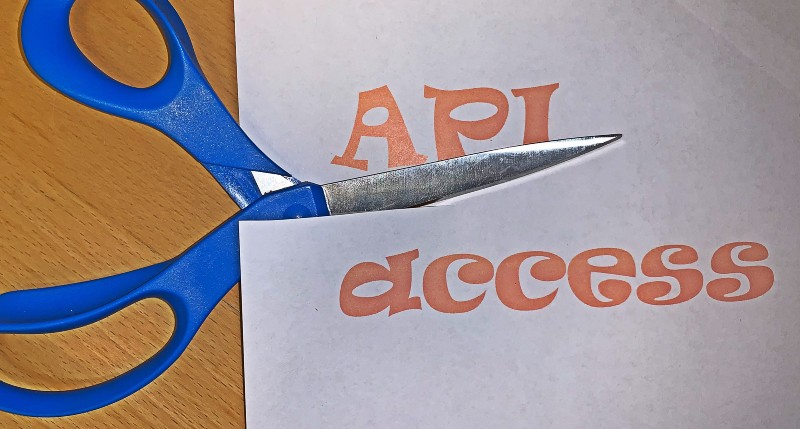Twitter has been in the news lately for what some seem to imply has been a problematic termination of third-party developers from its platform. This is a good occasion to talk about API access agreements in general, what they should cover, and why they are important.
An API (Application Programming Interface) access agreement is a legal document that outlines the terms and conditions under which a third-party developer can access and use an API. These agreements are important because they ensure that the API owner maintains control over their system and that the third-party developer understands and agrees to the terms and conditions of use.
System security and stability
One of the key provisions in an API access agreement relates to security. As APIs are used to access sensitive data and perform critical functions, it is essential that the API is protected from unauthorized access and misuse. The API owner should set strict security requirements for the third-party developer, such as data encryption and authentication protocols, to ensure that the API is used in a secure manner. The API owner may also wish to set limits on how often calls can be made to the API, so that the system is not overloaded or otherwise subject to diminished performance.
Intellectual property protection
Another key provision in an API access agreement relates to copyright. The API owner should have the right to control the use of their API, including the right to limit the third-party developer’s use of the API as needed to protect intellectual property rights. The API owner should also ensure that the third-party developer agrees not to copy, distribute, or otherwise use the API in a manner that is outside of an agreed scope.
These are contracts
API access agreements are contracts, and as such, they are legally binding. The API owner must be able to maintain control of its system for the system to function properly. This means that the API owner should have the right to revoke access to the API if the third-party developer breaches the terms of the agreement or if the API is being used in a manner that is not in compliance with the agreement.
Avoiding problems with termination
When terminating access to an API, the provider can treat a third-party developer fairly by providing adequate notice and a clear explanation for the termination. The developer should also negotiate for a reasonable amount of time to transition to an alternative solution or to retrieve any data it has stored within the API. Additionally, the provider may wish to make a good faith effort to assist the developer in finding a suitable alternative solution. If the termination is due to a breach of the API access agreement, the provider may provide the developer with specific details about the breach and allow for an opportunity for the developer to cure the breach before terminating access. A developer should also consider trying to negotiate a provision that says it is entitled to compensation from the developer for any losses or damages incurred as a result of an improper termination. Overall, the provider should approach the termination process in a fair, transparent and reasonable manner, taking into account the developer’s business needs and interest.
API access agreements are an essential part of the API ecosystem. They help ensure that the API owner maintains control over its system, that the third-party developer understands and agrees to the terms and conditions of use, and that the API is used in a secure and compliant manner. It is important that the parties understand the key provisions in an API access agreement and seek to comply with them in order to use the API successfully.
See also: Court will not aid company that was banned from accessing Facebook API
Evan Brown is a technology and intellectual property attorney in Chicago. Follow him on Twitter at @internetcases.



